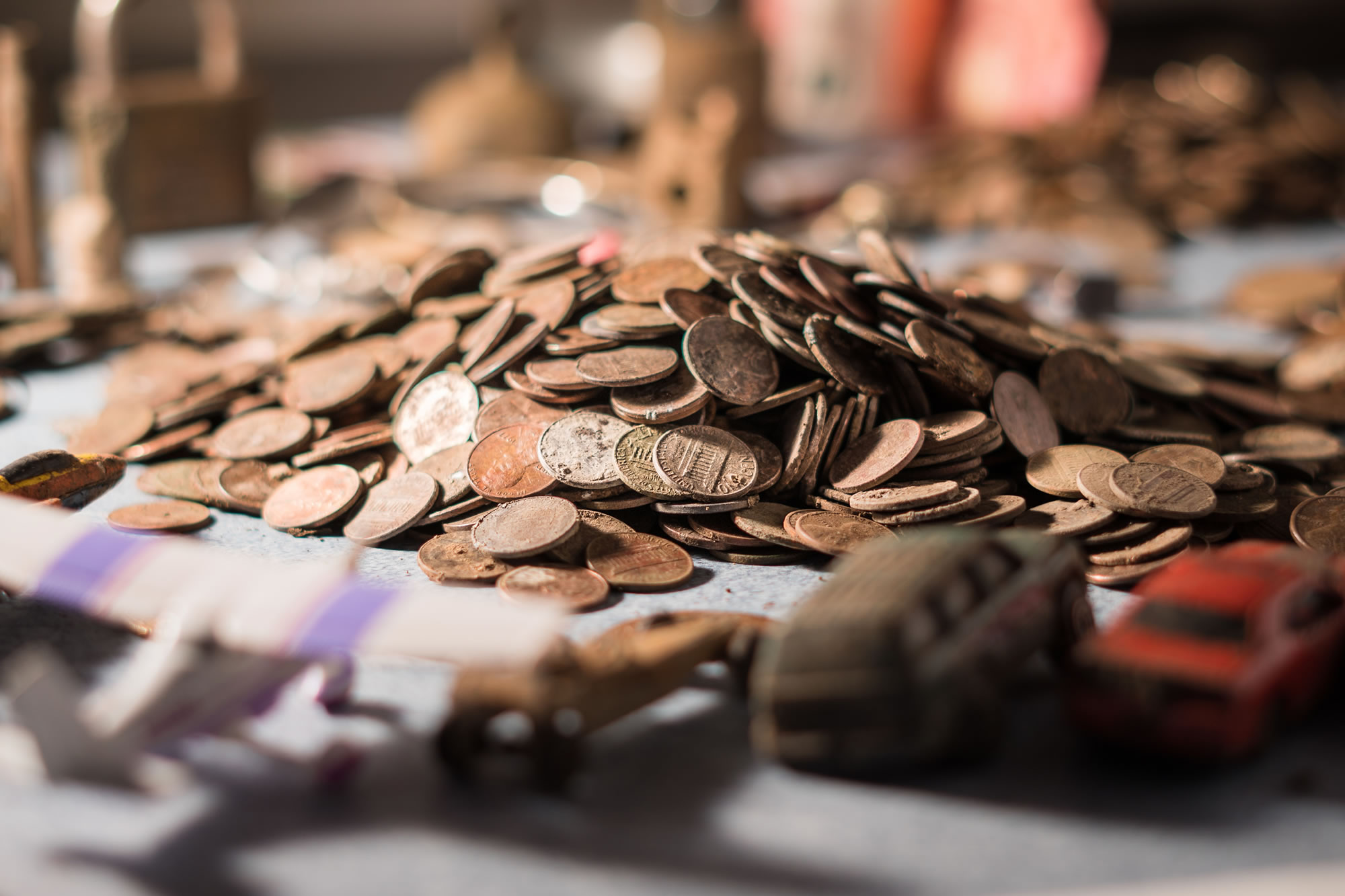The art of metal detecting is becoming a popular pastime and is now somewhat more sophisticated than the days when children used simple devices on a local beach. The possibility of finding ancient treasure only adds to the excitement.
The metal detectors themselves can be surprisingly expensive, running into hundreds of pounds, and you may wish to think about hiring one, if perhaps you only intend to try it once, simply to cross it off your bucket list.
Of course, if you discover treasure on your first attempt, you may well become hooked!
The legal stuff
The first thing to consider is where you are allowed to go metal detecting. The beach is the most obvious place, but even here you require a permit. However, this is easily obtained online, and within minutes, you could be sweeping the sand for your first treasure find.
There are actually quite a few laws around metal detecting. These not only apply to where you can do it, but also govern what happens when you find anything – particularly if it’s ancient.
Places to hunt
Gardens can reveal some interesting objects. Friends and family may be quite happy to allow you to bring along your metal detector for an afternoon’s exploring. Local authority parks and commons are usually out of bounds, but to make absolutely sure, check with the relevant local authority.
Of course, you may have heard of vast finds of ancient and valuable coins and artefacts, and these are invariably discovered in fields. It is considered good practice to sign an agreement with the landowner to split the proceeds of any treasure you may find.
If you do discover something valuable, you are obliged to report it to the Portable Antiquities Scheme.
This could be the start of a new hobby with the added bonuses of perhaps finding something of value, keeping you fit with the digging, learning about history and making new friends.











